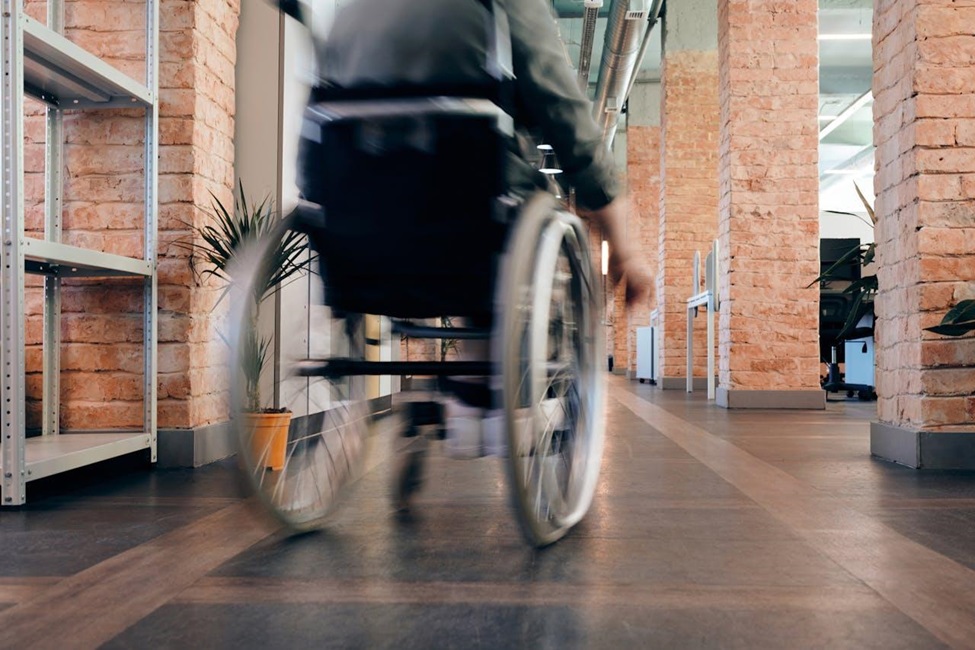Finding the right Specialist Disability Accommodation (SDA) can be a life-changing decision. SDA is designed to support individuals with specific needs, providing both comfort and accessibility.
A carefully chosen SDA can elevate not just your quality of life but also your day-to-day ease, creating a space where you feel empowered and at peace. If you’re currently exploring accommodation options, this guide offers practical tips to help you make the ideal choice.
Know Your Needs
The first step in making this important decision is understanding your personal needs and preferences. What makes your day more manageable? What specific support requirements should your accommodation meet?
Think about factors such as mobility needs, sensory sensitivities, or communication preferences, and how these elements might influence the design of your living space.
For example, wide hallways or accessible bathrooms might be essential if you use mobility aids, while quiet spaces with limited background noise could benefit someone with sensory sensitivities.

Research Available Specialist Disability Accommodation Options
With your needs in mind, it’s time to explore the variety of specialist disability accommodation types available. Each SDA differs in design, amenities, and the level of support provided, so having a clear picture of your options is vital.
Consider whether you’d prefer an apartment, townhouse, or shared accommodation, and think about how each setup might align with your lifestyle. Location can also play a big role in your choice. Do you need to be close to family members, work opportunities, or healthcare facilities?
Look into neighborhoods that not only provide accessibility but also a welcoming community.
Assess Affordability
Another significant consideration is the financial aspect. programs like the National Disability Insurance Scheme (NDIS) in Australia provide funding for SDA, making it more accessible for those who qualify. When assessing your options, review the details of your NDIS plan to understand which costs are covered.
Speak to your support coordinator or financial planner to clarify how your funding aligns with potential properties. Keep in mind that affordability isn’t just about the cost of rent or fees; it’s also about ensuring that use of your SDA doesn’t impact other areas of your budget.
Prioritize properties that offer the right value for your investment while meeting your requirements.
Visit and Inspect Properties
While research and planning are essential, nothing replaces an in-person visit. Walking through possible properties lets you experience firsthand how the space feels and functions. Take note of lighting, room layouts, and accessibility features during inspections.
Ask yourself how the property aligns with your expectations. Are hallways and doorways wide enough? Are emergency features, such as alert systems, in place? Even smaller details, like cabinetry that is easy to reach or flooring that reduces slips, can make a big difference in day-to-day living.
Consult with Professionals
A decision as crucial as choosing your SDA benefits from expert guidance. Support coordinators, occupational therapists, and healthcare professionals are there not only to assist but to advocate for your best outcomes.
Occupational therapists, for instance, can assess how a particular property supports your independence and mobility. Meanwhile, support coordinators may provide insight into managing services and benefits within your SDA.
Conversations with these experts will empower you to choose confidently, knowing that every angle has been thoroughly considered.


